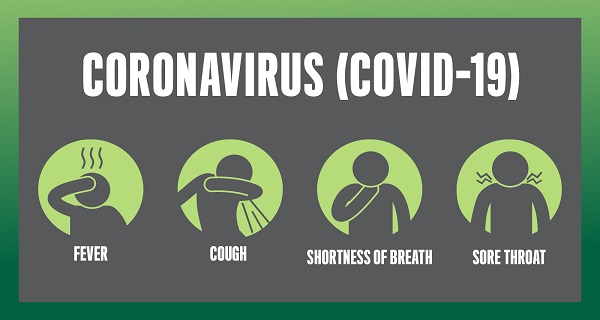
Quick Take
Posts are circulating false and misleading tips on social media – in some cases wrongly attributed to Stanford University – about how people can monitor and avoid the coronavirus.
Full Story
As the U.S. and countries around the world work to address the pandemic spread of COVID-19, posts disseminated by tens of thousands on Facebook, Instagram and Twitter are feeding misinformation to people about how to avoid and self-test for the disease caused by the novel coronavirus.
The posts provide a series of supposed tips about the virus, such as wrongly instructing people to hold their breath to gauge whether they’ve been infected and falsely suggesting that water consumption can kill the virus.
Similar claims were promoted in a text-based image posted on the Instagram account of actress Debra Messing, which has since been deleted. They were also shared widely in screenshots on Twitter.
The posts in some cases cite “Taiwan experts” or “Japanese doctors,” and many begin by falsely sourcing the text to “STANFORD HOSPITAL BOARD.” Stanford Health Care has debunked that attribution.
We consulted Krys Johnson, an assistant professor of epidemiology and biostatistics at Temple University, who called the posts “deeply troubling because they make incorrect and dangerous claims.”
She recommended people consult the U.S. Centers for Disease Control and Prevention, or the World Health Organization, before spreading purported health advice.
Here are some of the claims from the posts, and why they’re inaccurate:
Claim: “Take a deep breath and hold your breath for more than 10 seconds. If you complete it successfully without coughing, without discomfort, stiffness or tightness, etc., it proves there is no Fibrosis in the lungs, basically indicates no infection.”
Facts: There’s no evidence to suggest this is a valid test for COVID-19. What’s more: “We know that people infected with coronavirus show symptoms within 14 days and that this virus can lead to severe complications,” Johnson told us via email, “but those are acute respiratory distress (not being able to breathe) and septic shock (the virus infecting your bloodstream), not fibrosis, as mentioned here.”

The CDC recommends seeking medical advice by phone if you develop the main symptoms of COVID-19 – fever, cough and shortness of breath – and have been in contact with someone who has the disease, or have recently traveled to an area experiencing a spread of the virus.











